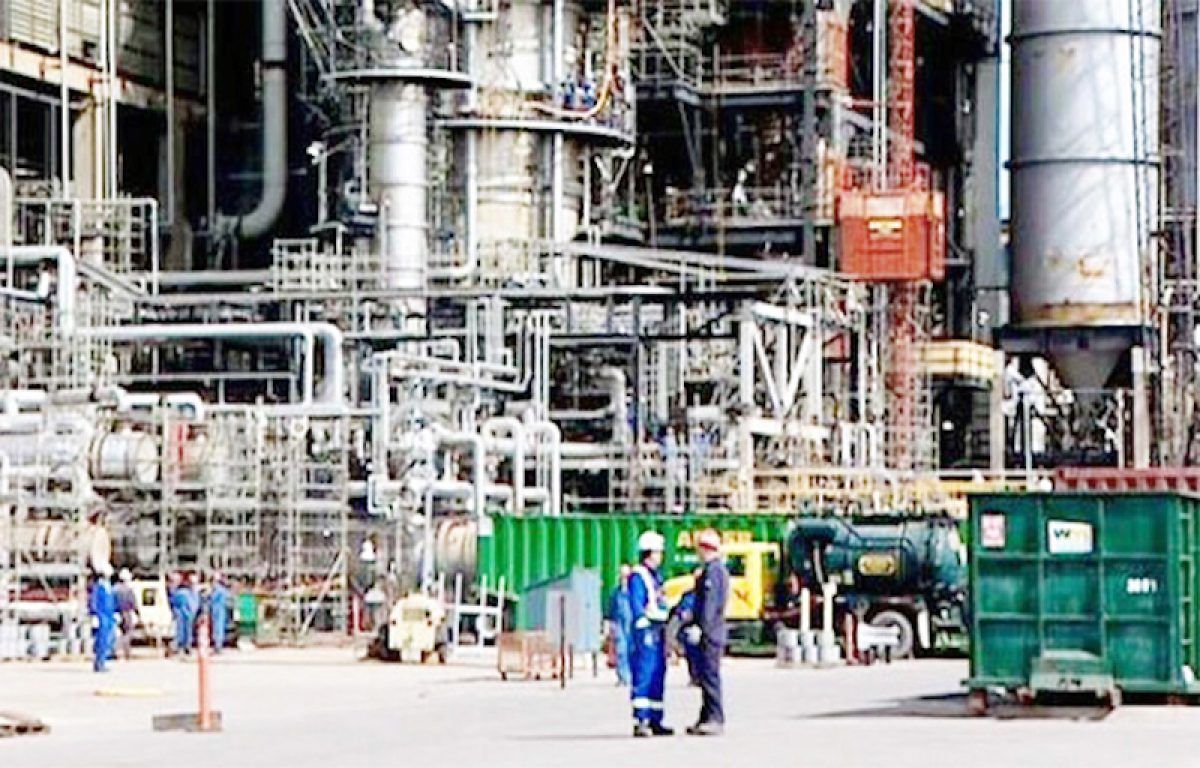
Dangote Petroleum Refinery has issued a strong worded Statement to address the ongoing disputes with the Depot and Petroleum Products Marketers Association of Nigeria (DAPPMAN) regarding pricing and subsidy demands.
According to the Statement, Dangote Petroleum Refinery reaffirms its position and indicates readiness to address any grievances through legal channels, dismissing the necessity for a seven-day notice from DAPPMAN.
The statement underscores a firm stance from the Petroleum Refinery against subsidization demands and affirms their commitment to fair pricing and availability of petroleum products in Nigeria.
“Dangote Petroleum Refinery stands by its statement on the Depot and Petroleum Products Marketers Association of Nigeria (DAPPMAN), published on Monday, September 15, in the following national newspapers: The Guardian, ThisDay, The Punch, Daily Trust, Nigerian Tribune, Daily Sun, Vanguard, The Nation, BusinessDay, Leadership, Daily Independent, and Blueprint, as well as on numerous reputable online platforms.
“We wish to emphasise that any party who feels aggrieved by the contents of the publication is entitled to seek redress through the appropriate legal channels, without recourse to any so-called seven-day notice. We are fully prepared to defend our position,” the Refinery insists.
The refinery highlights that DAPPMAN’s criticisms arise from a request for an annual subsidy of N1.505 trillion to match the refinery’s gantry prices at their depots, which they propose to offset through additional costs incurred via coastal logistics.
“DAPPMAN is seeking to have the refinery absorb additional costs associated with shipping products which includes a demand for a discount of N70 per litre on coastal freight and other associated logistical costs, as well as N5 per litre for pumping into vessels.”
Dangote Petroleum Refinery emphasizes its unwillingness to increase its gantry prices or to pay the significant proposed subsidy, which they associate with past fraudulent practices against the Federal Government.
The refinery invites marketers to lift products directly from their gantry to benefit from a logistics-free initiative, potentially offering better pricing.
The statement further asserts the refinery’s capability to meet domestic demands and support exports, citing a consistent closing stock of 500 million litres of refined products monthly. They also mention recent export volumes significantly outpacing imports from marketers, which they claim is damaging to Nigeria’s economy.
“The Dangote Petroleum Refinery has sufficient capacity to meet domestic demand and support export. We consistently maintain a closing stock of 500 million litres of refined products in our tanks each month.
“Between June and September, the refinery exported a combined total of 3,229,881 metric tonnes of PMS, AGO, and aviation fuel, while marketers imported 3,687,828 metric tonnes over the same period, an action that amounts to dumping which is detrimental to the Nigerian economy and the wellbeing of its citizens,” the Statement notes.
The Refinery has articulated its unwavering support for the reform initiatives led by President Bola Ahmed Tinubu, a reflection of Dangote Petroleum Refinery’s proactive stance in supporting Nigeria’s economic reforms and its readiness to collaborate with others for the country’s development.
“Dangote Petroleum Refinery remains steadfast in its support for the reform initiatives of His Excellency, President Bola Ahmed Tinubu. Through various strategic efforts, we have demonstrated our commitment to stabilising the Naira, cushioning the effects of fuel subsidy removal, positioning Nigeria as a refining hub, boosting foreign exchange earnings, and creating employment opportunities among others.
“We enjoy strong working relationships with government agencies and remain committed to supporting their efforts, while not hesitating to hold institutions accountable where necessary.
“Dangote Petroleum Refinery remains firmly committed to the progress and wellbeing of Nigeria, and is open to partnerships with patriotic and responsible stakeholders in pursuit of national development,” the Statement concludes.


